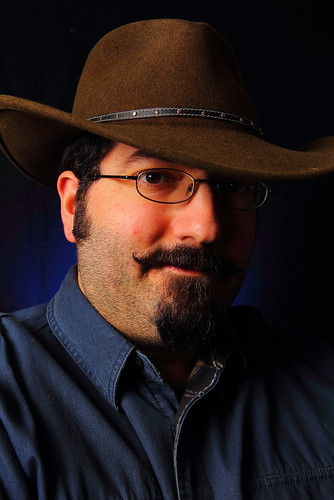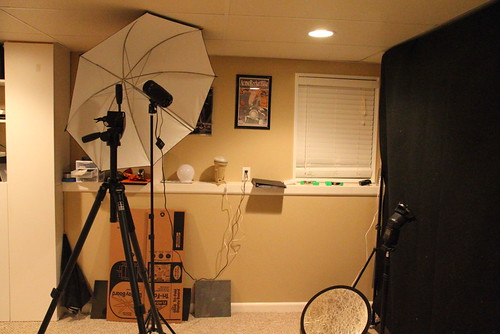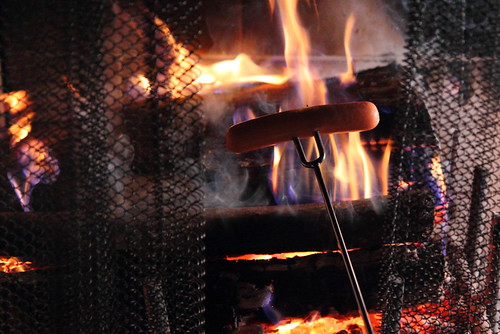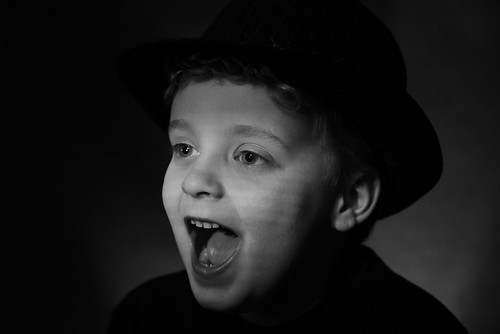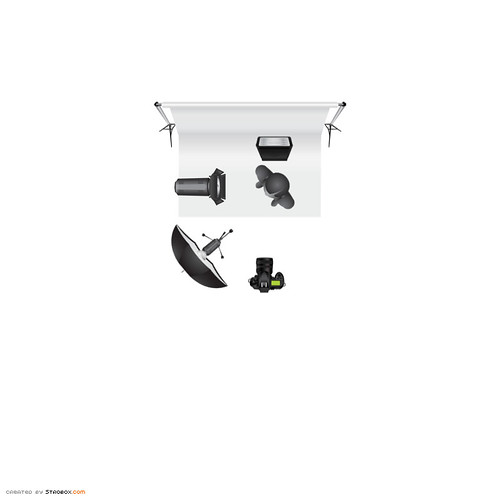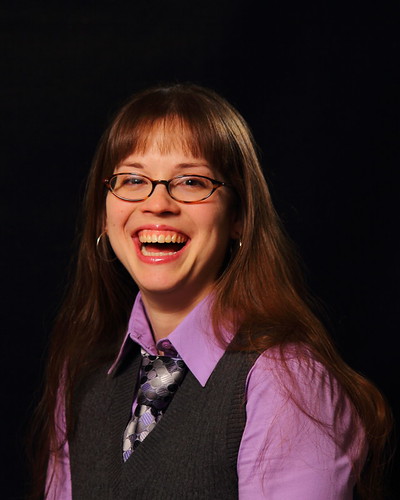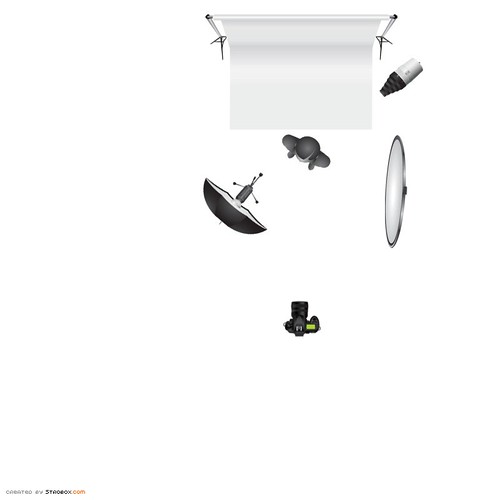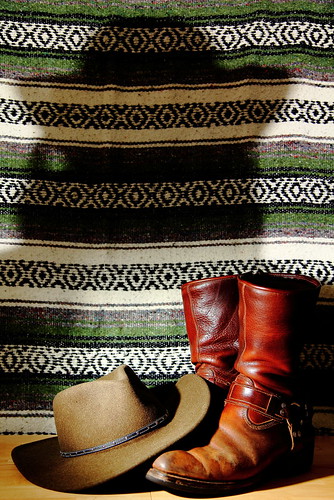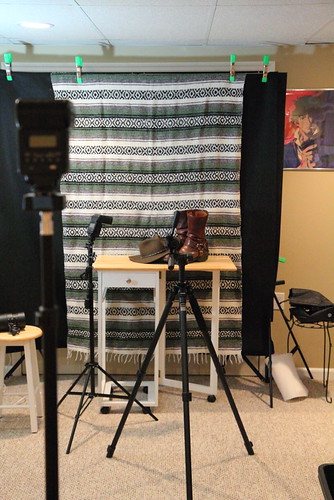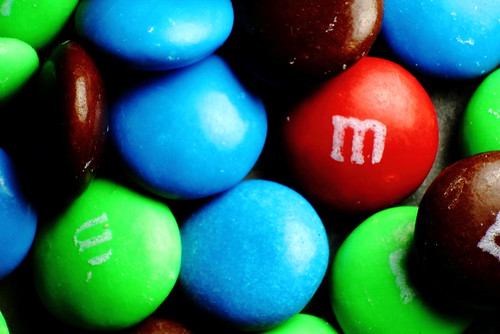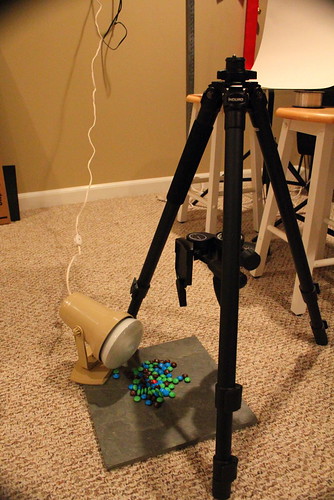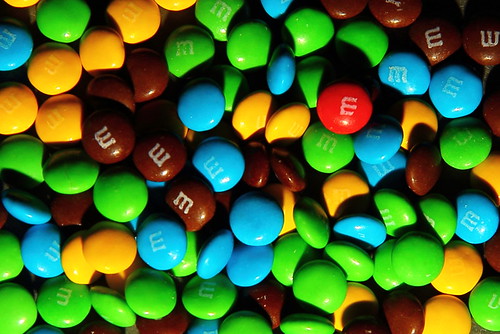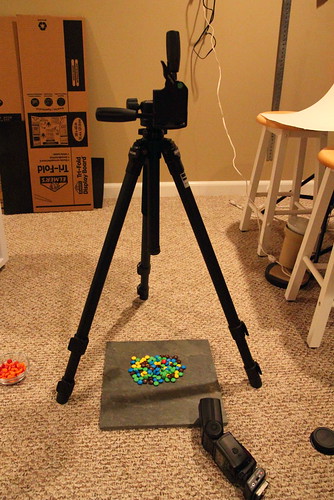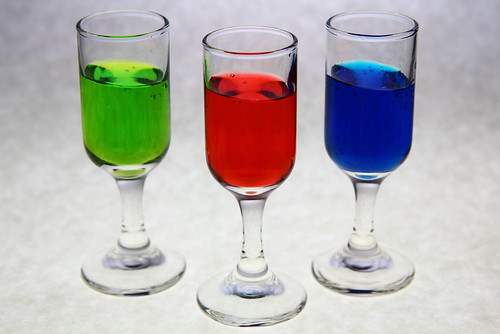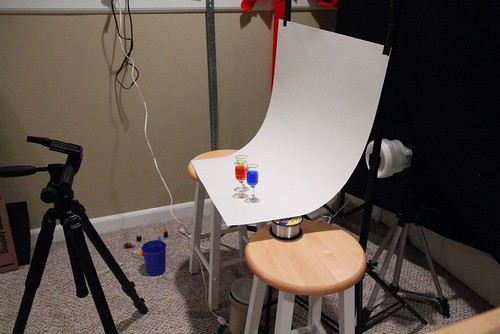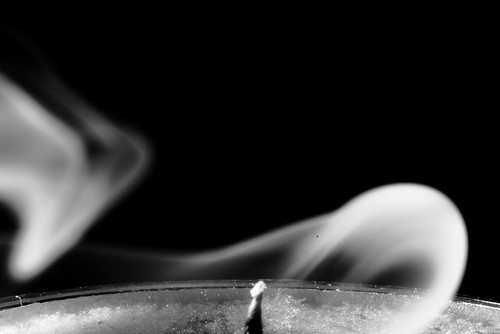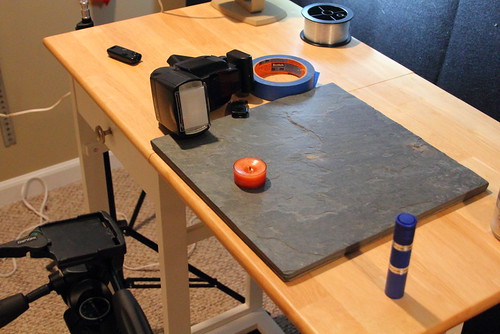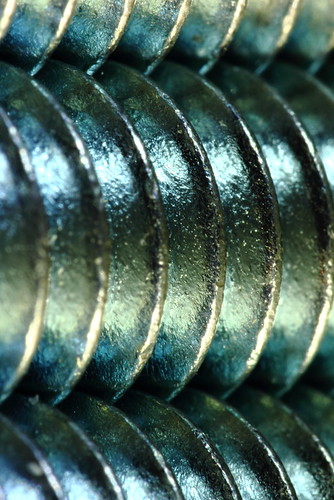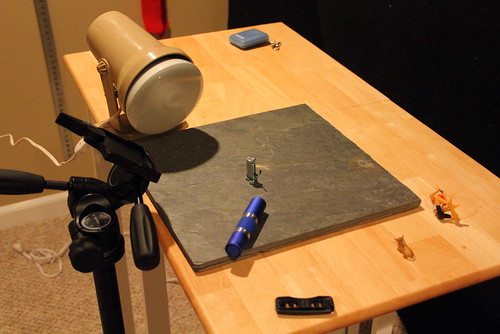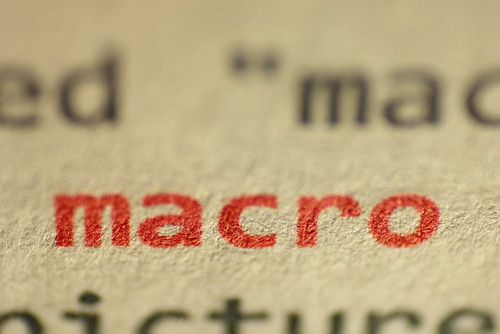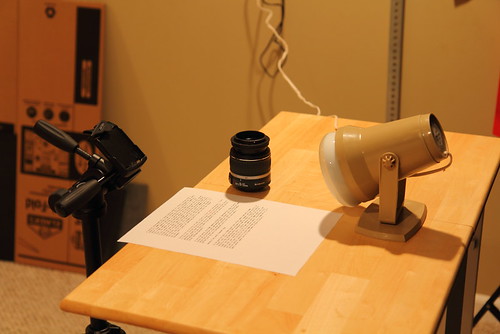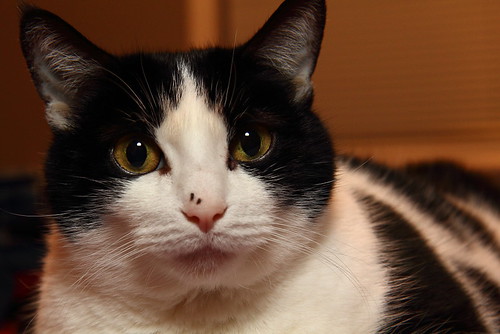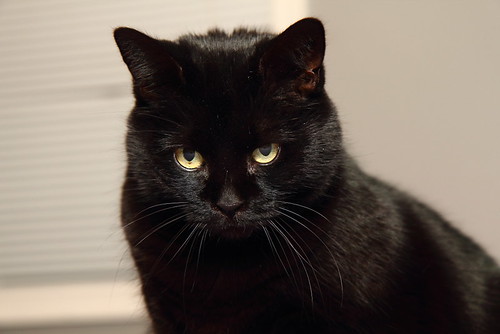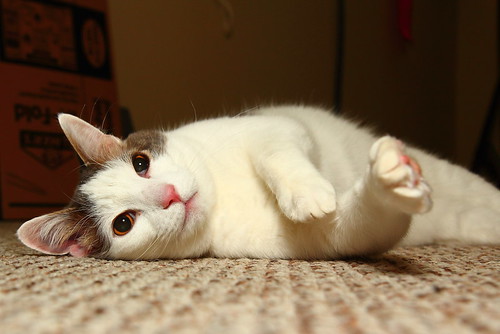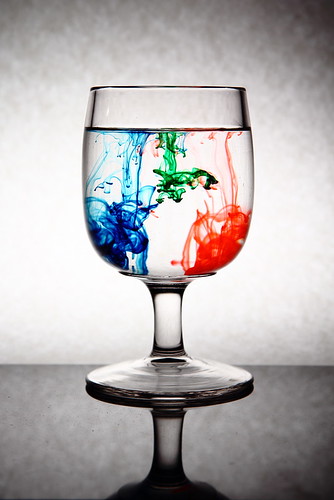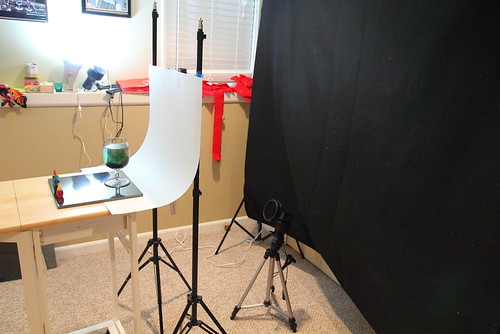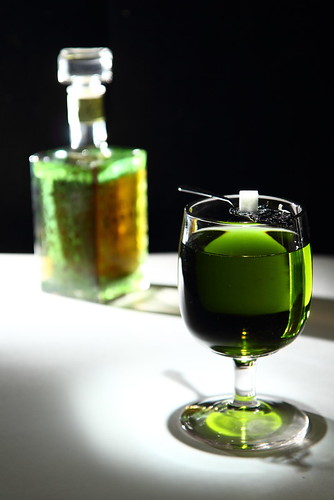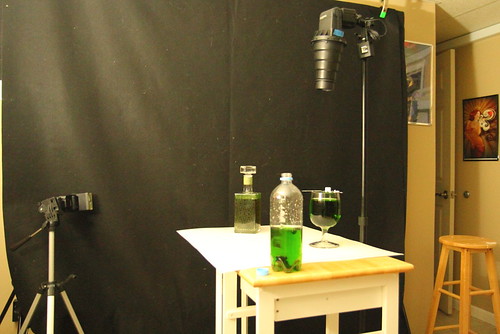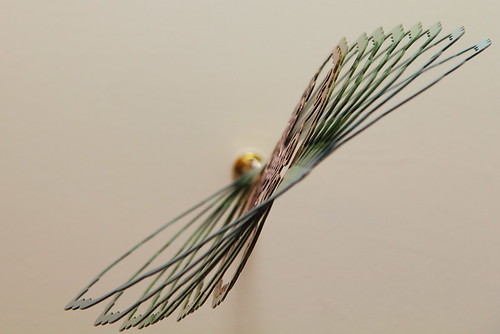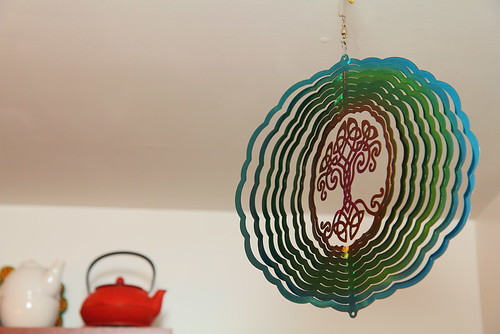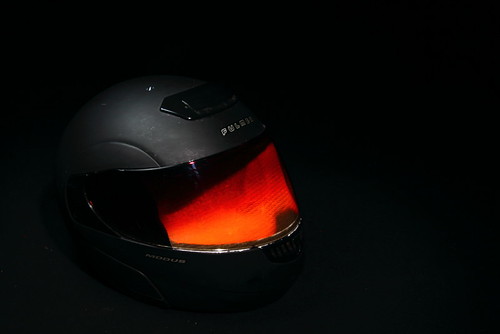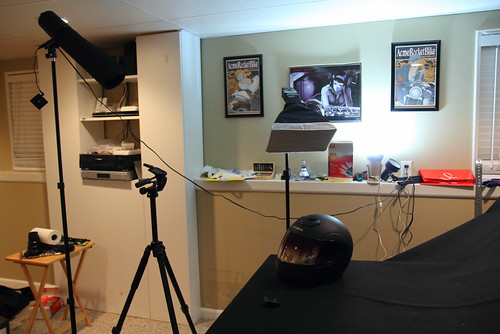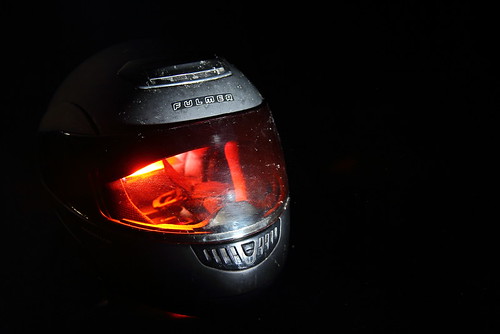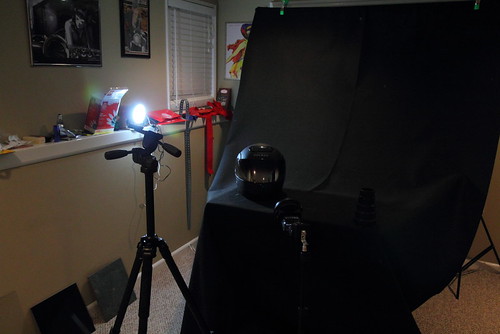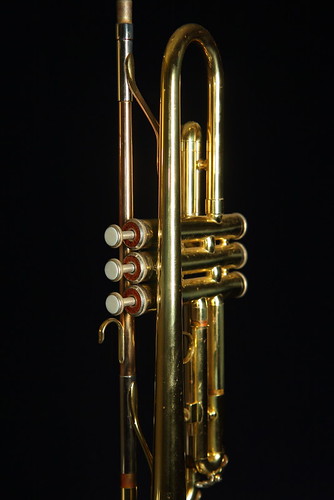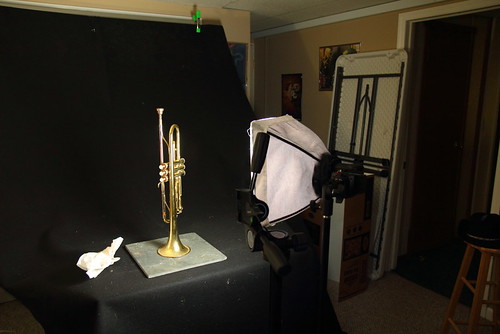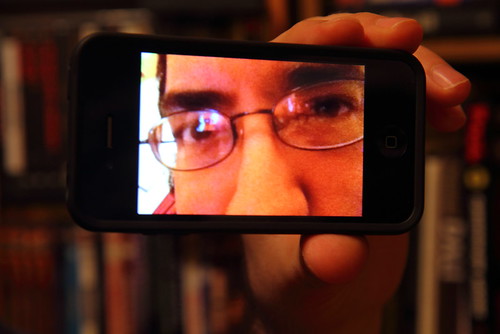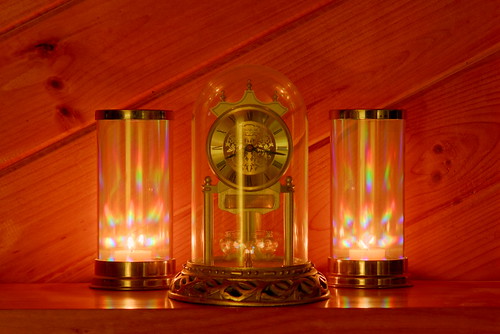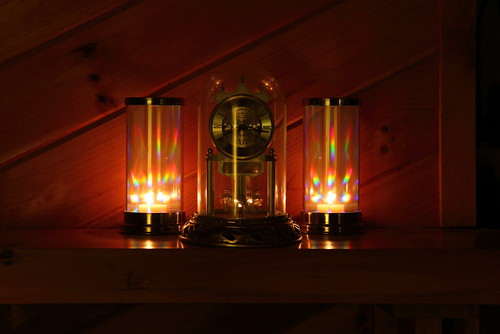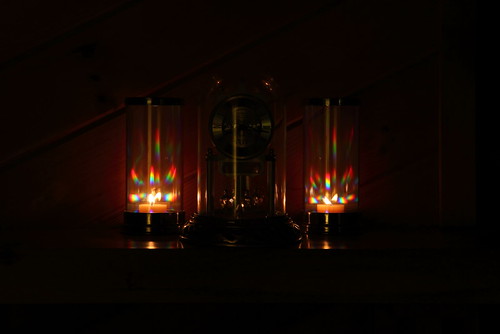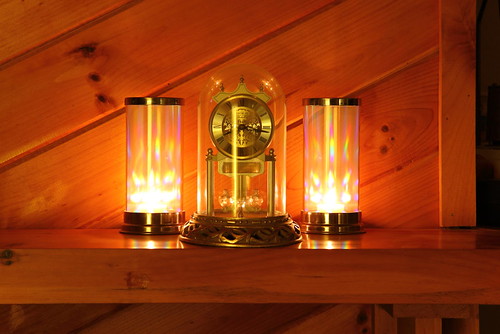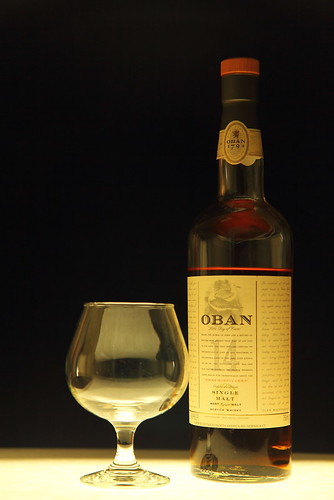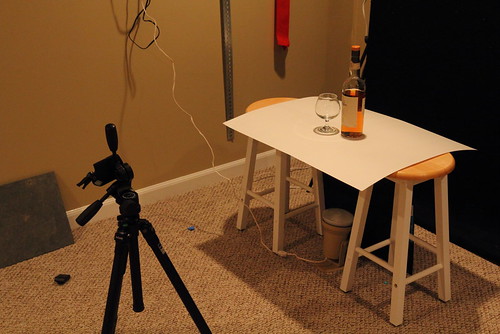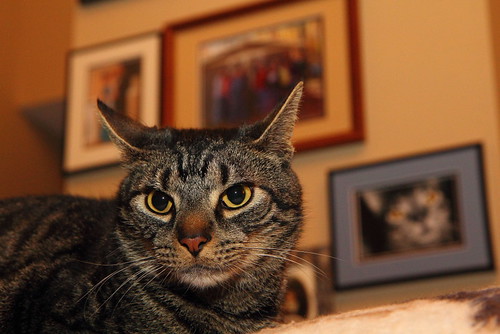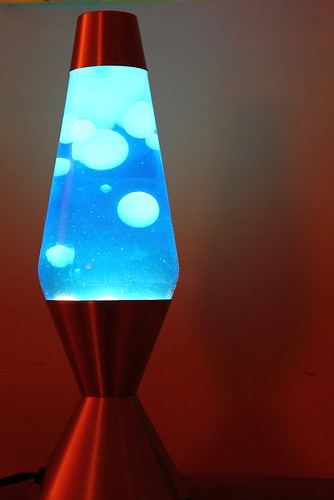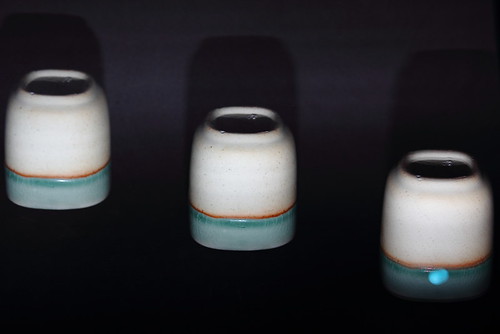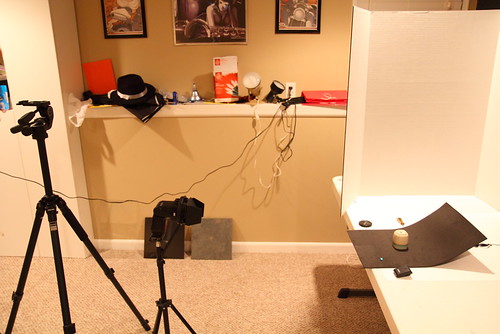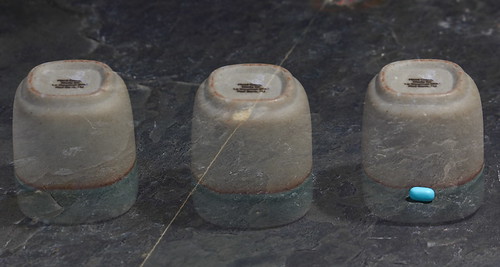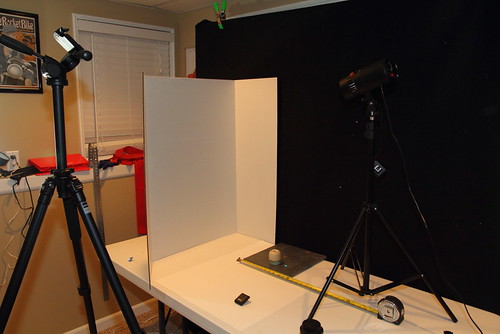There are, without exception, more opinions than photographs shared when a few photographers are in the same venue. Very few things, however, get photogs as riled up as Photoshop.
Let me get this out of the way - I don't 'shop too many of my personal images. I'm not anti-Photoshop; I'm just lazy. I look at computers for a living. Big computers, little computers, Linux computers, Windows computers, working computers, broken computers, massive servers and tiny netbooks. All day, every day, computers, so, when I get the chance to be away from my PC, I take it. I shoot digital, so, eventually my stuff ends up on a PC, but I try to spend as little time as possible there.
When do I use Photoshop? When I'm shooting commercially. Commercial photography is about the product, and, generally, your client doesn't care about the process. I promise you that a bride and groom will
not appreciate your artistic integrity if it prevents you from skillfully cloning out an offensive element in an otherwise wonderful shot. Sleeping Gramma at an outdoor wedding reception looks a lot like Dead Gramma if a fly lands on her head as you take the shot. (Don't believe me? Do it the other way - 'shop a picture of a fly onto a picture of a sleeping individual. Go ahead - I'll wait...)
Quick quiz:
Which is more "pure"?
For setting White Balance:
A. Setting it in the Camera
B. Adjusting it in Photoshop
For cropping a photo to a different ratio:
A. Using your camera's software.
B. Using Photoshop
For adjusting color:
A. Maxing out your camera's Saturation level.
B. Cranking up the Saturation slider in Photoshop.
If you answered mostly "B", please hit yourself in the face with a full-frame Canon.
If you answered mostly "A", please do the same, except use a Nikon.
If you asked yourself "What's the difference?" congratulations, you get it.
Did you ever wonder where the bright folks at Adobe came up with some of the terms used in Photoshop? Clone, Blur, Dodge, Burn, Masks, etc? They didn't invent these terms; they reused terms already in common everyday darkroom use. Here's a little tidbit you may not have known - Ansel Adams, the only photographer non-photographers know, used dodging and burning extensively (and, I might add, brilliantly) in most, if not all, of his best-known works. He used it enough to write a
book about it.
Does the fact that it was done in a darkroom, and not on a laptop, make it any more pure?
Does the fact that it was done at all make his work any less pure?
Before you answer, check your hand to see if you're still holding a full-frame camera.
I've seen pictures that were obviously 'shopped, and I've loved them. I recognize that PS would have been the only way to make such an image. The use of Photoshop didn't negate the artist's vision, and didn't magically fix composition, framing, color usage, timing, or creativity.
Photoshop is a tool, like a scalpel, that, when wielded by a skilled individual,
can enhance an image. It's also much like a scalpel in that if it gets stuck in your eye, you'll be a bit upset. More on that in a future rant.
